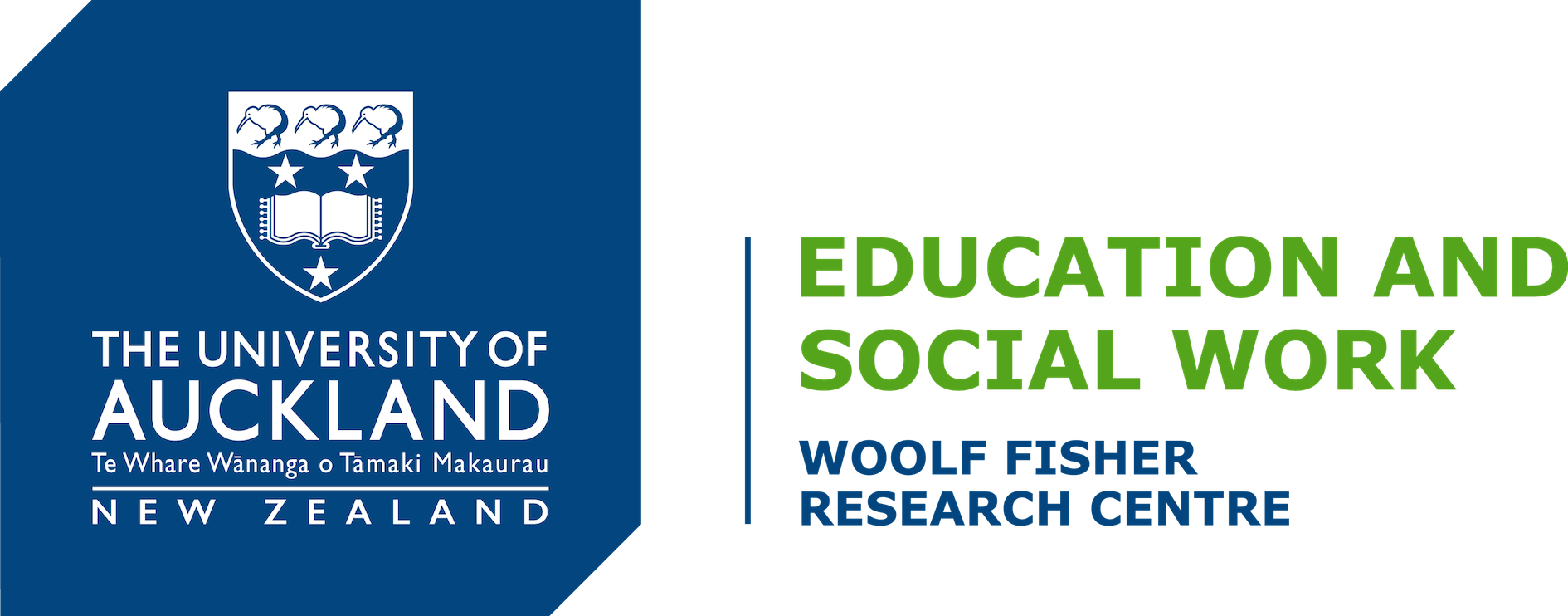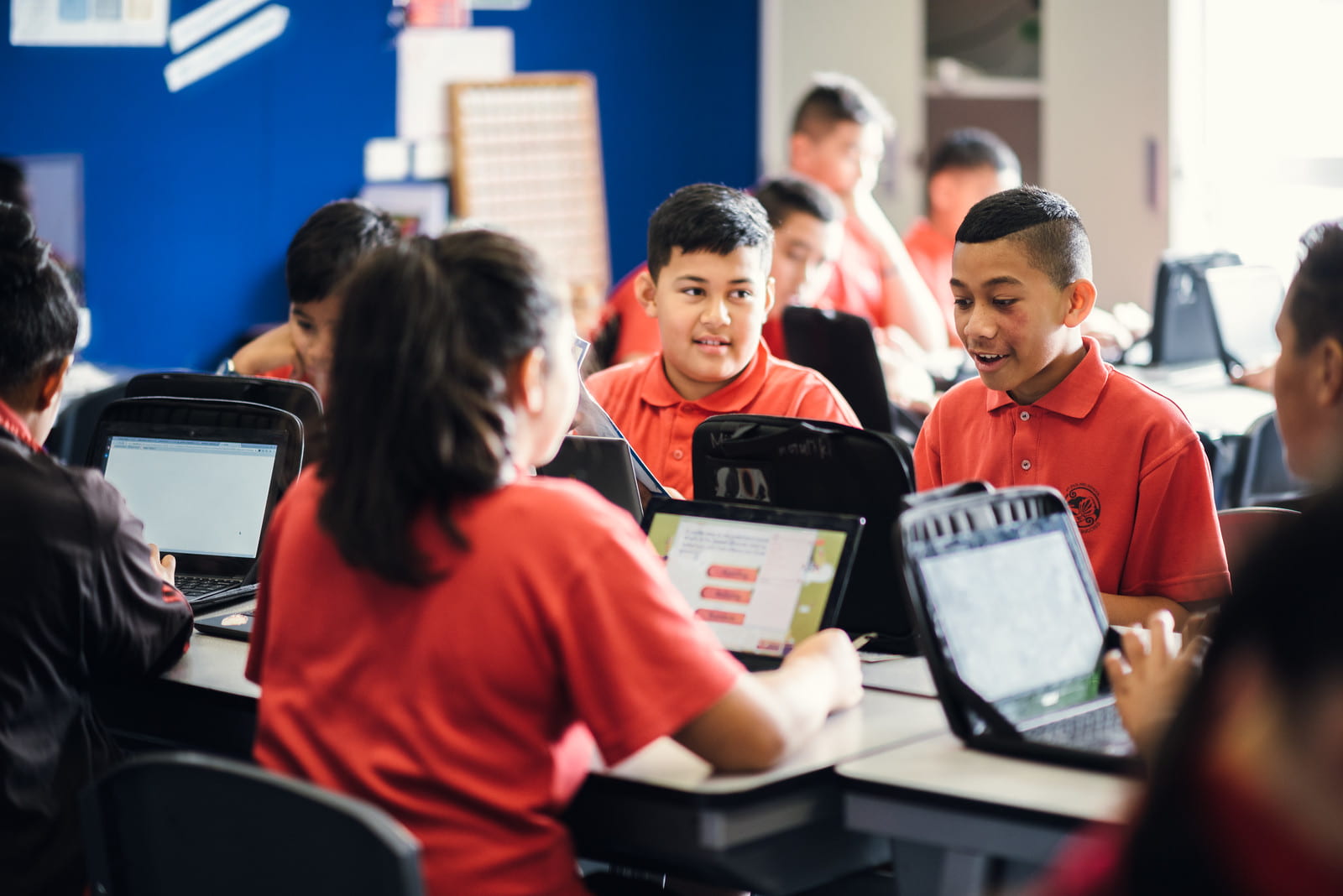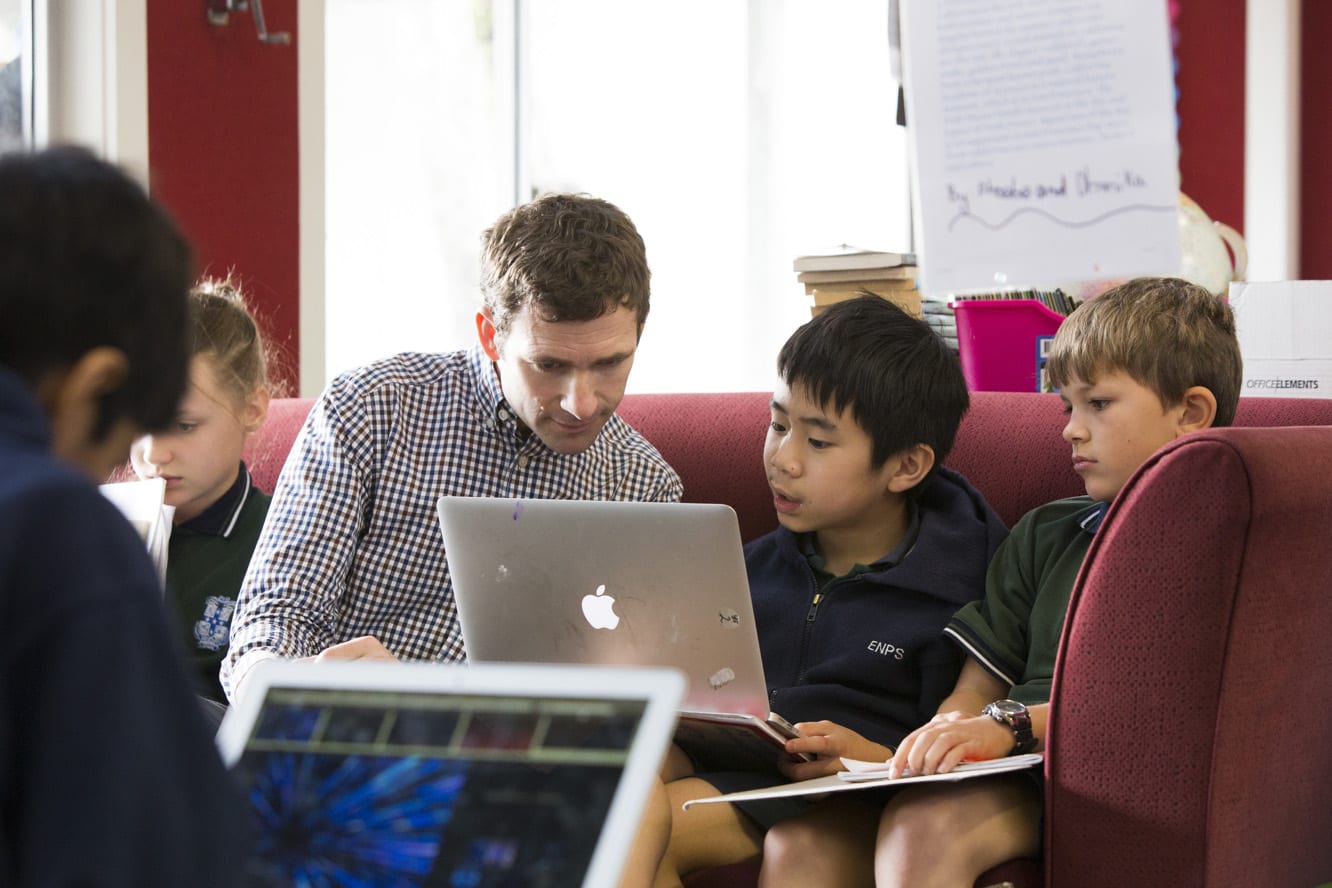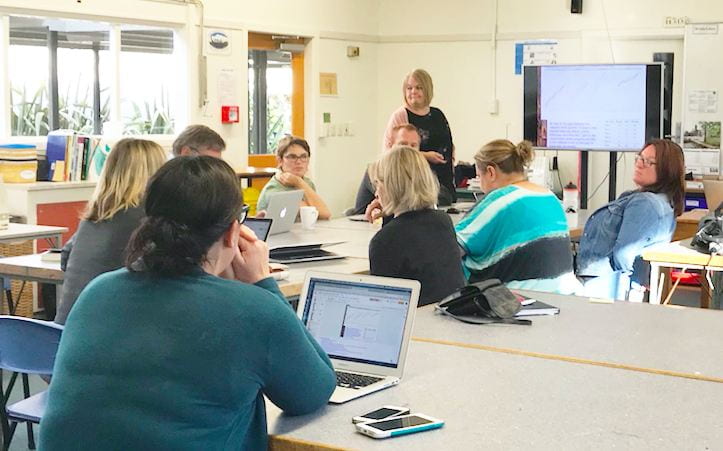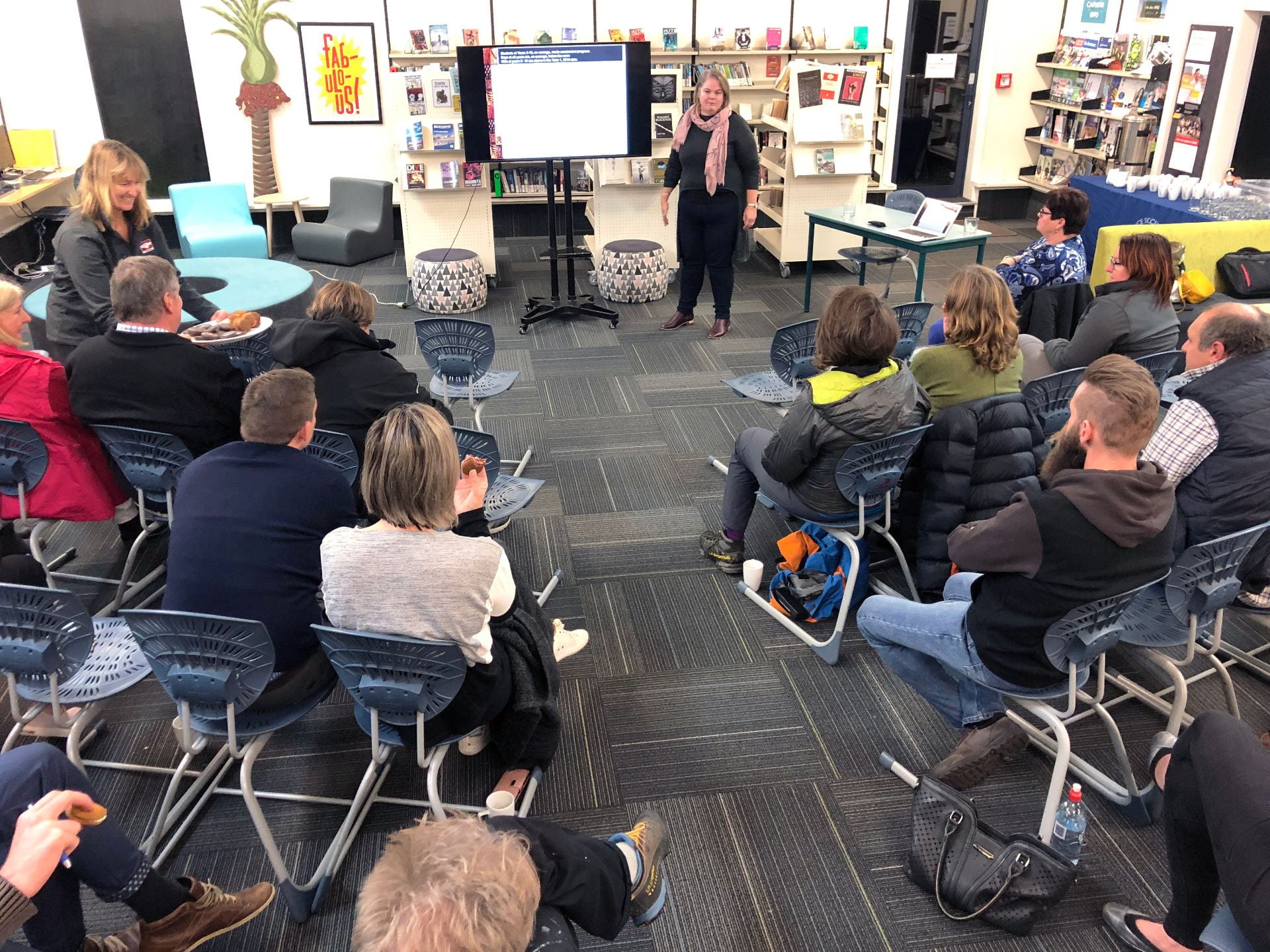Effective Digital Pedagogies
A research practice partnership with
The Manaiakalani Programme
Are you looking for a file?
In order to make reports and files more readily available to you, we are standardising the protocol for the naming of reports from the wfrcdata@manaiakalani.org address.
To find a report, go to ‘shared with me’ in your Google Drive, and then search for:
- wfrcdata@manaiakalani.org (as owner), OR
- School or cluster name, or report name, month, year (e.g. St Mary’s School Student Achievement Data Report July 2019)
Guide to interpreting student achievement data reports
This slideshow provides extra support with reading, understanding and interpreting the graphs and tables used in our reports and sensemaking presentations.
School-based data visualisation tool
The school-based data visualisation tool developed by Dr Yu Liu and the team at Te Pūtahi Whakatairanga Hapori Ako Angitu Woolf Fisher Research Centre enables you to sort your school’s PAT Reading and Maths and e-asTTle data. It allows you to track the progress of students over time, and can illustrate the performance of a group of students relative to the norm, or expected rate of progress. To view our guide to using the tool, click here. To go directly to the tool, click here.
Student achievement data
Twice during each year, in March and November, Te Pūtahi Whakatairanga Hapori Ako Angitu Woolf Fisher Research Centre collects standardised achievement data including e-asTTle writing, PAT Reading, PAT Maths, and junior numeracy and reading levels. School entry assessments, STAR and observation surveys of early literacy achievement are also collected, as well as NCEA data for students in senior secondary school. These data are then collated, analysed and discussed with clusters in the form of written reports and in sensemaking sessions. To learn about how we collect and analyse data, read more on this page.
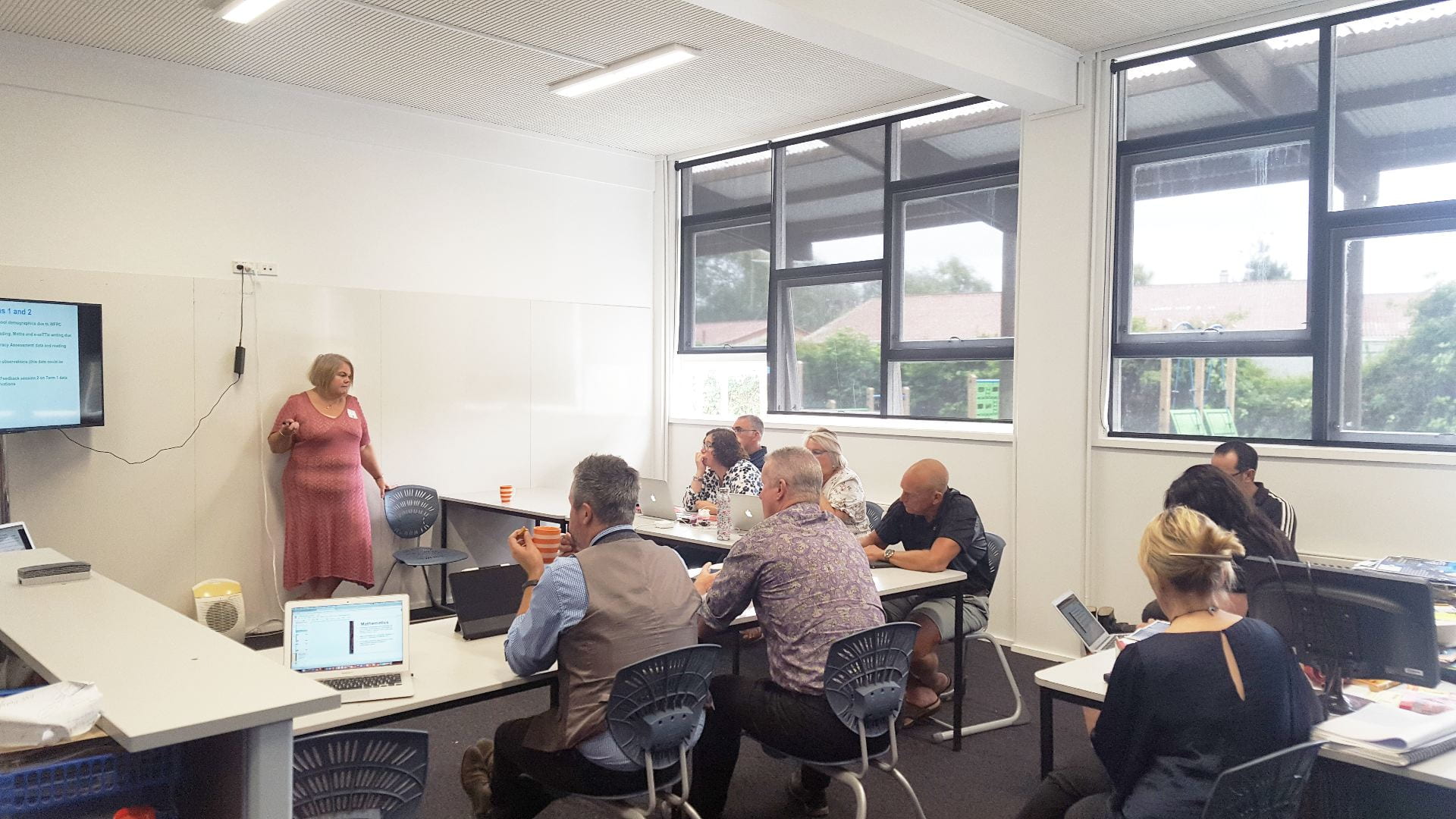
Classroom observations
Teachers in 1:1 classes from each school in the cluster are invited to participate in classroom observations. This survey of classrooms enables each cluster, cohort, and The Manaiakalani Programme as a whole to better understand how the digital learning environment and cluster-wide goals are being implemented.
To learn about how and why we conduct classroom observations, you can read more here.
Participant information sheets
This study was approved by the University Of Auckland Human Participants Ethics Committee on 20th April 2018 for three years. You can find all of our participant information sheets and consent forms on this page.
